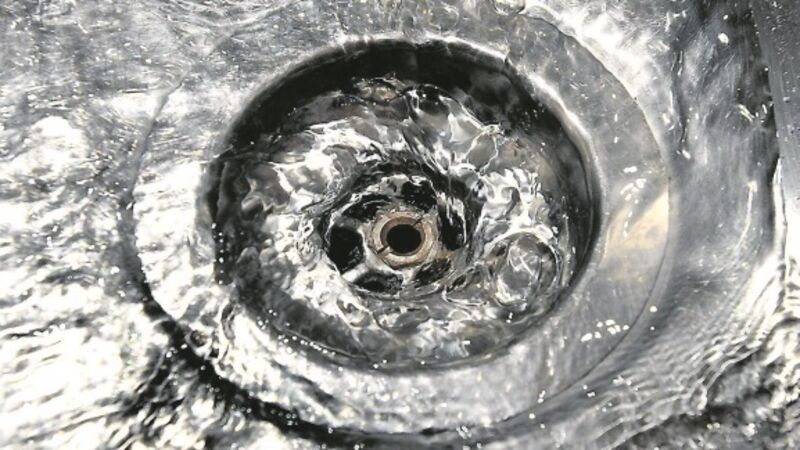Water farce continues but the joke is on all of us, not just the Coalition

That the majority who haven’t paid their water bill, are even less likely to now, is the least of the Government’s problems. The appalling vista after yesterday’s debacle is that those who have already paid, will turn on them. Fool me once, shame on you. Fool me twice, shame on me.
About 46% of households paid up for their water. Last Sunday a Red C opinion poll put support for Fine Gael at 25% and Labour at 8% — or 33% combined.















